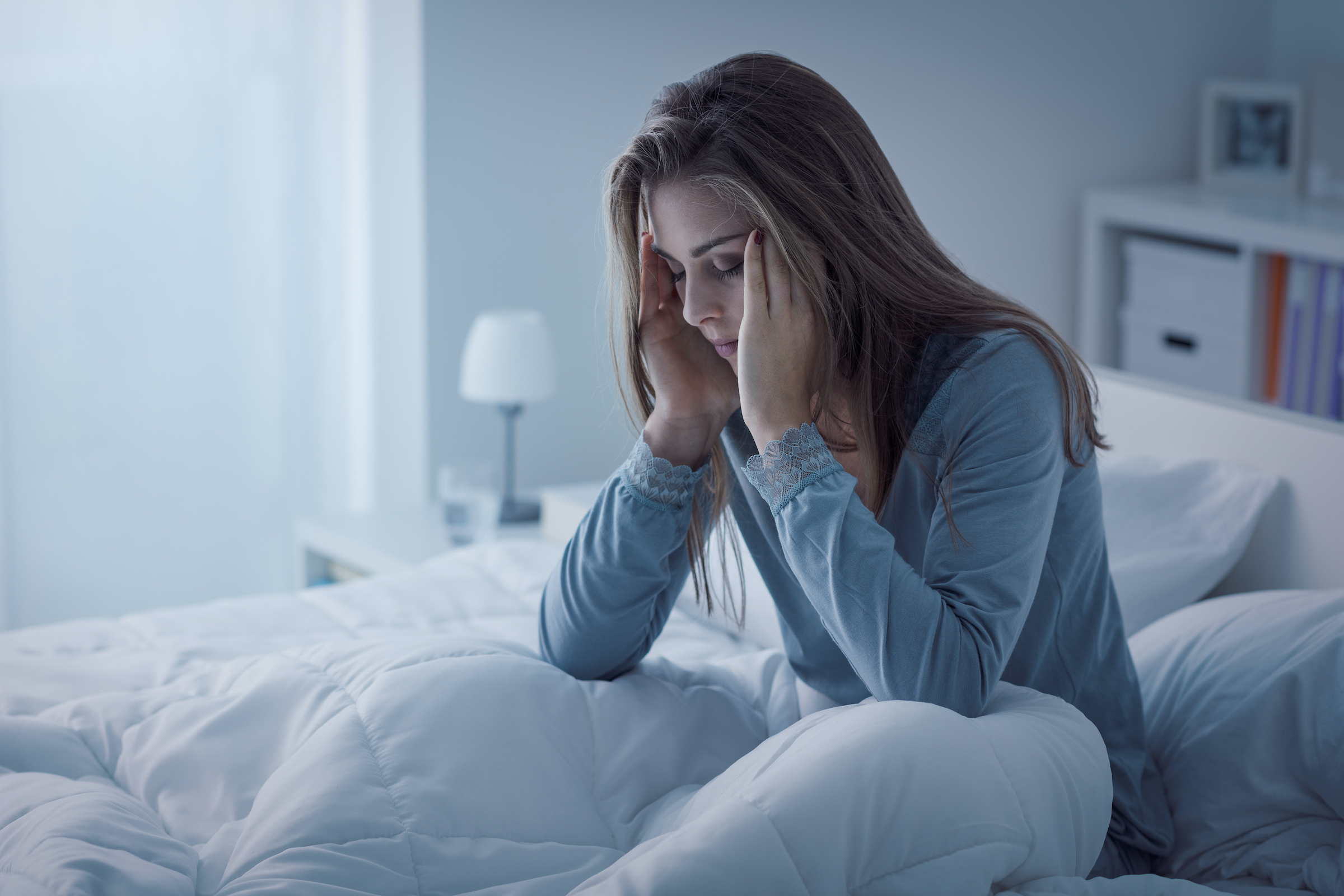If you don’t sleep enough, multiple clinical studies show you’re probably one of up to 70 million Americans who could suffer from deprivation of an increased risk of heart disease and diabetes, difficulty concentrating, short-term memory loss and unwanted weight gain.
Sleep Fact
Researchers and psychology may not understand all of the reasons why too little sleep is associated with scary potential cardiac and cognitive problems, but they know certain health conditions like obesity might make sleep more difficult, compounding significant weight issues. For people who aren’t overweight, getting enough sleep may be an important step toward maintaining a healthy weight. The interesting thing for those trying to lose weight, sleeping better may help shed unwanted pounds. Studies show levels of the hormones leptin, which can suppress appetite, and ghrelin, which can promote food intake, are maintained and minimized, respectively, with sufficient sleep.

How to Sleep Better
How much sleep is enough sleep? The National Sleep Foundation reports most adults to need between seven and nine hours each night. Experts suggest a good night’s sleep might begin with turning down the thermostat so that the bedroom is between 60 and 67 degrees. Placing covers such as a warm duvet or feather comforter on the bed prevents a sleeper from getting too cold. Eliminating any noise or light (including a night light) that can disturb sleep is essential. Using eyeshades, blackout curtains, “white noise” machines or earplugs — whatever it takes to block out light or drown out the noise — is especially effective for light sleepers. Experts advise sticking to the same bedtime and wake-up time, even on weekends. This helps adjust your body’s clock and could help you fall asleep and stay asleep for the night.
- Practicing a soothing, relaxing bedtime ritual right before bedtime away from bright lights helps separate sleep time from activities that can cause excitement or anxiety. These weird emotions can make it more difficult to fall asleep, get sound sleep or remain asleep. Take work materials, computers and televisions out of the sleeping environment, use your bed only for sleep and sex and omit from your pre-sleep routine anything associated with anxiety about sleeping (such as a photo or poster with a fierce or otherwise disturbing image) to strengthen the connection between bed and sleep.
- Shutting down electronic devices, such as laptop computers, an hour or so before bed is conducive to sleep because these types of devices are stimulating to the brain.
- Avoiding naps, especially in the afternoon, may make it easier to sleep at night, experts say.
- Exercising every day, preferably vigorously, helps with sleep onset. Sleeping on a supportive, comfortable mattress and pillows that support your head and neck also can induce sleep.
- Supporting your internal clock, which has its own 24-hour rhythm, can be accomplished by staying away from bright light in the evening and standing in the sun in the morning.
Help abounds
If you’re still having trouble sleeping, consider speaking with your doctor or find a clinic. Some people also benefit from recording details about their sleep in a “sleep diary” to help them better evaluate common patterns or issues they may have with their sleep or sleeping habits.

